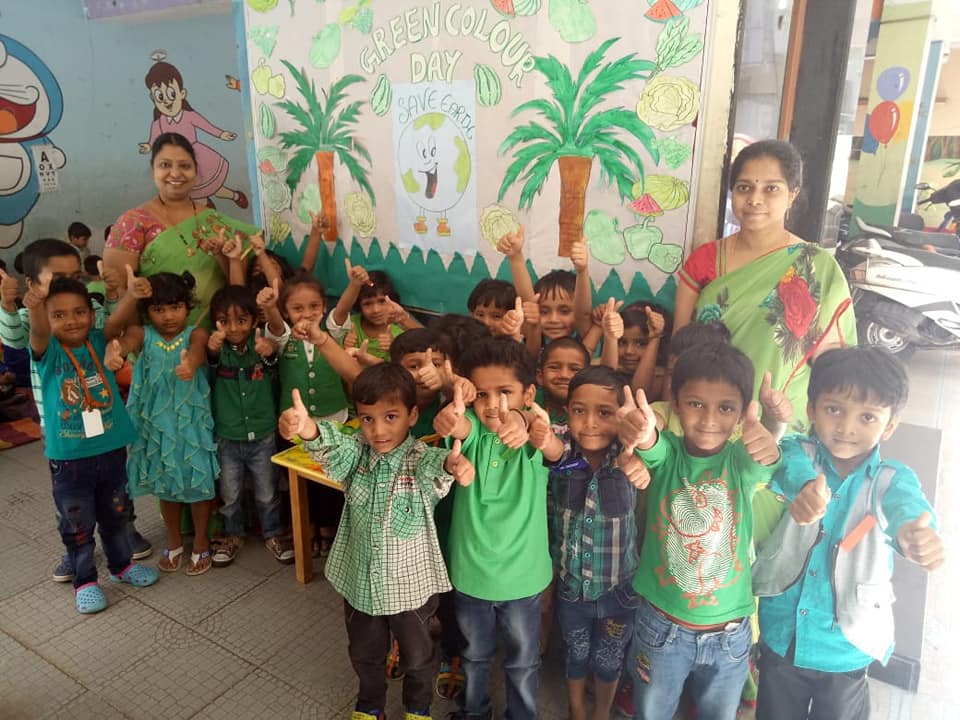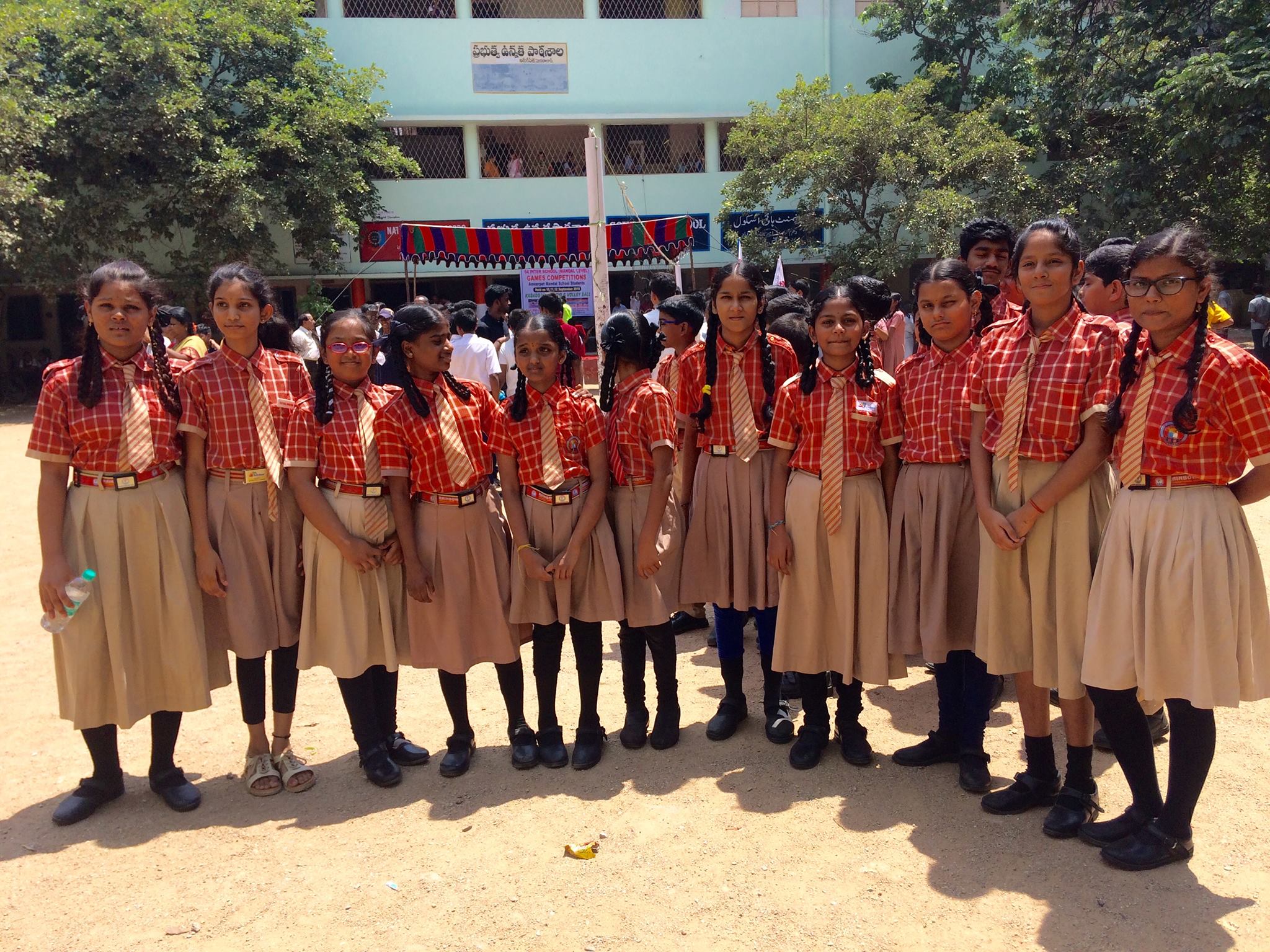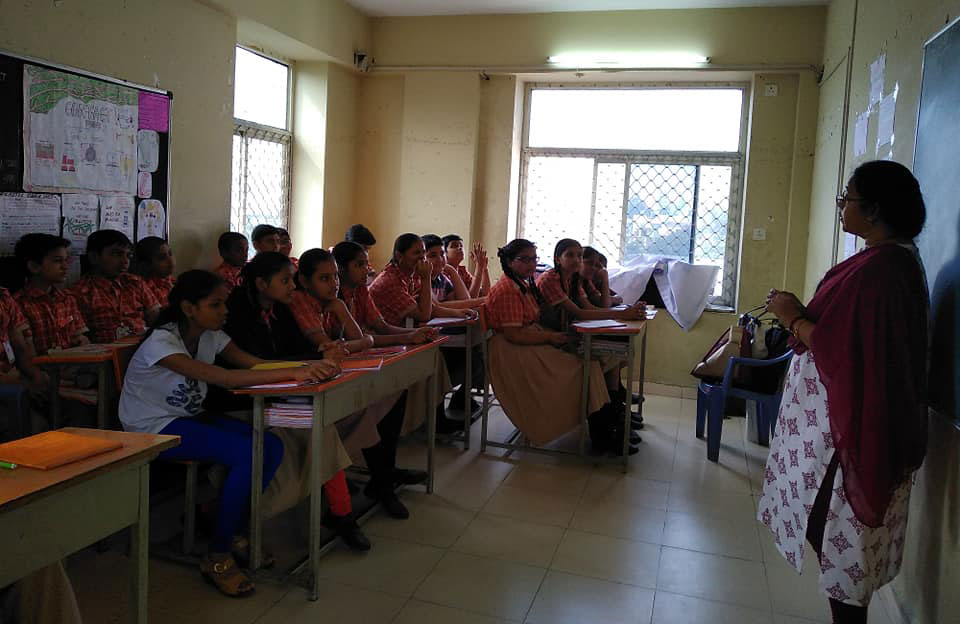
The curriculum goals of a nursery school are more specific than childcare and less strenuous than primary school. Preschool is the first step children take into the outside world; therefore, the facilities at the preschool are planned with utmost care.

Outdoor play area: This area has been created using safe & flexible material.

Class rooms: The rooms are bright, safe and child friendly with low level moulded furniture and safe materials. The classroom hubs are the different learning corners that focus on individual learning and strengths.
A nursery school is for children between the ages of three and five, staffed by qualified teachers and other professionals who encourage and supervise educational play rather than simply providing childcare. It is a pre-primary institution, part of early childhood education.

School hygiene and sanitation are especially important because children spend a great deal of time at school. They need a healthy environment to learn and grow physically, mentally and socially.

Teachers sometimes describe these skills as "learning to learn" skills, which can be developed through planned daily activities.
Below, we explore the seven essential life skills and offer some simple ways to nurture them

As children develop, they use verbal and nonverbal communication for various purposes, including showing, sharing, commenting, questioning, requesting (and more).
Through opportunities to observe and participate in social situations, children learn how the conversation (and social interaction) works. These essential social rules and skills enable children to communicate with others more sophisticatedly.
Thus, the development of conversation and social skills depends on opportunities for children to interact with peers and adults as part of supportive and enriching experiences.
